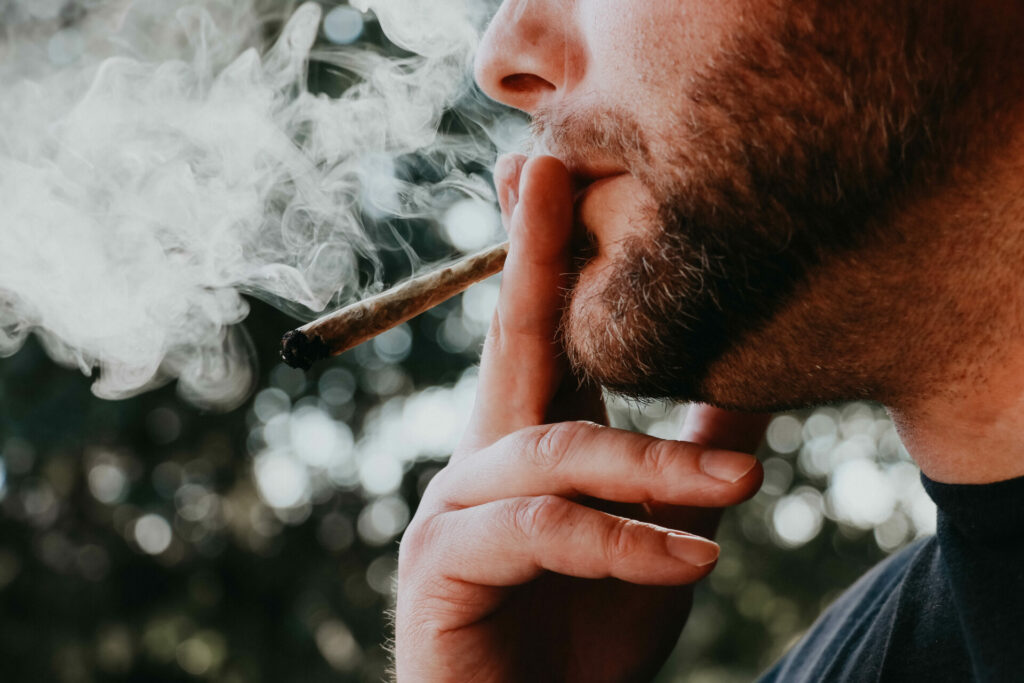Cannabis is the most frequently used illegal drug in Belgium, with its cheap price and increasing social acceptance believed to be the chief causes of its continued popularity, a senior Belgian drug enforcement official has claimed.
In an interview with Sudinfo, Commissioner Marc Vancoillie, who leads the Federal Police's drug-enforcement task force ('Centrex'), stated that cocaine is Belgium's second-most popular drug, followed by amphetamines (a drug category which includes MDMA) and heroin. Ketamine — a horse tranquilliser which, in small doses, has a numbingly dissociative effect on its (human) users — was deemed the least popular.
"Cannabis is the most popular because it is the cheapest and most tolerated by society," Vancoillie explained.
Cannabis has been Belgium's most popular drug for several years now. A 2017 report by the European Monitoring Centre for Drugs and Drug Addiction found that more than 10% of young Belgians are regular cannabis users.
China and the Netherlands largely responsible
During the interview, Vancoillie reported his concern about the increasing availability of psychoactive synthetic drugs originating from China. He placed particular emphasis on the rising popularity of Flakka, otherwise known as bath salts, which provides users with a feeling of superhuman strength and general invincibility.
"Flakka is being consumed more and more in West Flanders, the phenomenon seems very localised, but we should beware of use spreading," he said, adding: "90% of these new psychoactive products come from China and arrive in Belgium by cargo or by postal shipment. It's very easy to get it. We find it on the internet, not even on the dark web."
Related News
- Cannabis remains Belgium’s most-consumed drug
- 'Incredibly worried': Crack use in Brussels skyrockets
In addition to China, Vancoillie blamed Dutch law enforcement agencies for not doing enough to prevent dangerous illicit substances from flooding the Belgian black market.
"The fault is the Netherlands," he said. "Unlike Belgium where the law prohibits synthetic drugs by group (such as cannabinoids, cathinones, and synthetic opioids), Dutch law prohibits drugs in a product by product manner. By the time a new drug has been declared illegal, a similar product is already on the market! Dozens of new products appear every year in Europe. Criminals use this loophole to supply consumers via the internet."
Vancoillie also issued a warning about the precipitous rise in the use of crack cocaine in areas afflicted by poverty "in Brussels, among undocumented migrants and in working-class neighbourhoods".

